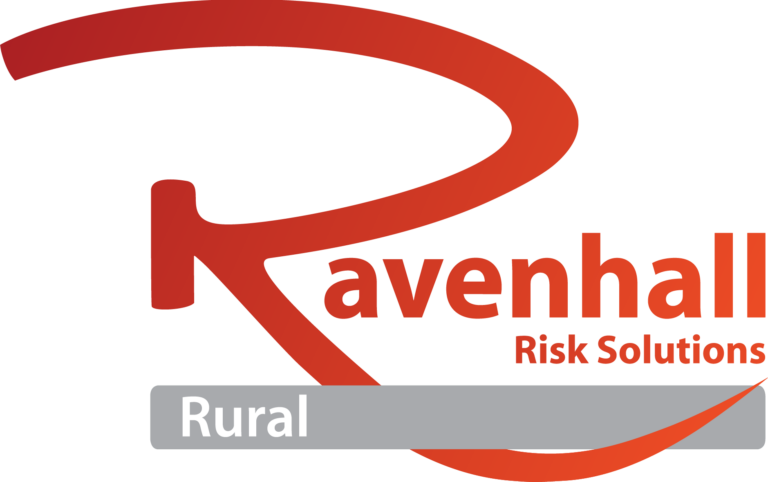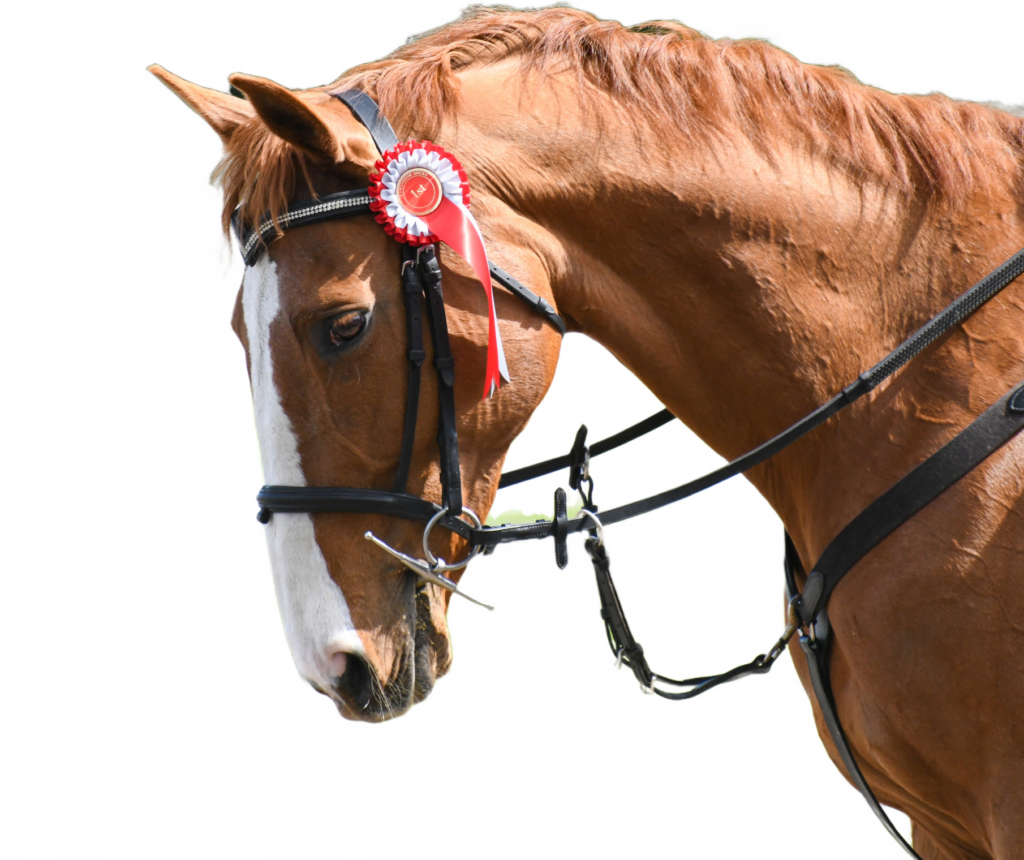Strangles, also commonly known as Equine Distemper, is a disease caused by a bacterial infection of the highly infectious Streptococcus equi (Strep equi). It is one of the most common equine diseases in horses throughout the UK. Strangles is a highly contagious disease which affects the upper respiratory tract in all types of equines – horses, ponies & donkeys of all ages and size. Signs of Strangles can often appear more severe in foals and young horses. Although Strangles is potentially fatal if left untreated, there is undoubted confusion regarding the severity of the disease within the equine industry. It is important that the signs and symptoms should be widely recognised within equestrian businesses. With over 600 outbreaks estimated each year, it’s crucial to understand the risk involved for your equestrian business.
What signs should I look out for?
The best way to reduce spread is to spot the signs early – prevention is always better than cure! Typical signs of Strangles are:
- A high temperature (above 38.5°C) – this should be monitored rectally twice daily
- Depression, dullness and possibly a loss of appetite
- Thick, yellow mucus draining from the nostrils
- Swelling of the lymph nodes (glands) under the jaw or on the head or neck which can later lead to hot abscesses which can burst
- Development of a cough
In addition to the above, a common sign of Strangles is that the horse may also experience difficulty eating or extending his head, due to the discomfort in its throat, hence the name Strangles.
Strangles can sometimes produce more subtle signs in a healthy adult horse, who may only display a slight short-term increase in temperature, a brief loss of appetite and/or a clear nasal discharge. If there is any suspicion that a horse on your yard may have Strangles, it should be immediately isolated and veterinary advice sought. There are various tests available from your vet to confirm if a horse is suffering from the disease, which are important as some animals will be carriers and not show any signs of illness at all.
The typical isolation period for any new horse introduced to a yard should be at least 14 days in order to prevent a possible outbreak. In this isolation period, the horse should be examined by a vet and tests for Strangles during this time are highly recommended. It is advisable that horses should be kept isolated until testing is complete and the risk of Strangles can be confidently ruled out.
A vaccine is widely available from veterinarians in the UK and is commonly suggested to support the prevention of Strangles.
How is Strangles spread?
The bacteria in Strangles is usually spread through direct contact, it is not an air-born virus. The disease is most common in shared environments, such as water troughs, with discharge from any draining abscesses and nostrils being highly infective. Those who come into contact with an infected horse can also easily become contaminated along with their clothing, tack and yard equipment etc. and transfer the disease unknowingly. To reduce spread of infection, it is important to undertake the following precautions necessary to prevent passing the infection on to others:
- Disinfectant foot bath outside isolation stables and at the yard entrance
- People looking after affected/isolated horses should change all their outer clothing and wash their hands thoroughly before handling other horses
- The Strangles bacteria will be destroyed by a hot wash, so changing and washing clothes will reduce the risk of spreading bacteria
- Cases of suspected Strangles should be taken seriously and horses should be isolated until proven not to have the disease
- Let people such as the farrier, dentist, vet, saddle fitter, feed delivery man know before they come to the yard. They may prefer to make you the last visit of the day to avoid any chance of spreading the bacteria to other yards
- Warn horse owners using adjoining fields or who ride close to the yard to keep their distance
- Behave responsibly and avoid taking in-contact horses to shows where they may spread the disease to other horses and yards
How is Strangles treated?
As with most infections, penicillin or similar anti-biotics combined with anti-inflammatories prescribed by your vet are the most effective treatments. In addition to medication, attentive nursing and rest is essential to full recovery. Feeding hay and hard feed on the floor is also recommended to help encourage the drainage of excess fluid. It is common to hot-pack an abscess to encourage it to burst; of course your own vet’s advice should be followed in these circumstances as each individual case will differ. Once an abscess has burst, it should be flushed and kept clean in order to prevent further infection. Fresh air will always be beneficial to horses suffering Strangles, but do keep in mind that turnout can result in grazing areas becoming contaminated.
More information about strangles can be found on the British Veterinary associations website here.
How would an outbreak of Strangles affect my business?
 Firstly, the understanding of Strangles is vitally important for any equestrian business owner and their staff.
Firstly, the understanding of Strangles is vitally important for any equestrian business owner and their staff.
With understanding the severity of the disease and how fast it can spread, along with bearing in mind that the sole income of any yard depends on its horses, we simply cannot afford for an outbreak to occur. In the event that all preventative measures have been followed and quality care has been taken to avoid the disease, all yards are still at risk of the disease occurring due to its highly contagious nature.
Horses on a yard affected by Strangles should be kept isolated. Meaning that the yard should strictly close to any horses arriving or leaving until proven by veterinary examination and blood tests that the disease is no longer present. This could mean that owners of horses on your livery yard may wish to test their horses upon notification of the disease and move them to another yard if found to be clear, in order to protect them and avoid chances of contracting s=Strangles. This will unfortunately result in a loss of livery fees and in some cases permanent business with clients.
In addition to isolation, horses suffering from Strangles must always be kept out of work and allowed sufficient time to rest, meaning they are not fit for any riding tuition or work. This can be for a period of at least 3 weeks and in some cases even months. Riding lessons and instruction, shows and events; whether at your yard or elsewhere, will be cancelled or unable to be attended resulting in a large loss of income which can be detrimental for an equestrian business.
As a yard owner or manager, the whole process of treating a Strangles outbreak can prove to be expensive, time consuming and overall very stressful for all who are involved. In situations like these it is advisable that adequate cover is in place to protect your income should your business become a victim of Strangles. Business Interruption insurance is a type of insurance that aims to cover the loss of income that a yard may experience when having no alternative but to temporarily close due to an incident – such as Strangles or other equine diseases.
At Ravenhall, we offer a dedicated service with extensive equestrian knowledge of matters from equine first aid to business management, horse riding and instruction to show preparation and competing in all disciplines. Our Rural team are experienced and qualified within the equestrian industry with a passion for all things equine and are always happy to offer advice and guidance on all of your equestrian business insurance needs.
For more information on business interruption cover and how a specialist equestrian policy can benefit you in the event of an unfortunate strangles outbreak, please feel free to visit our website: https://ravenhallrural.co.uk/equestrian-insurance/equestrian-business-property/


